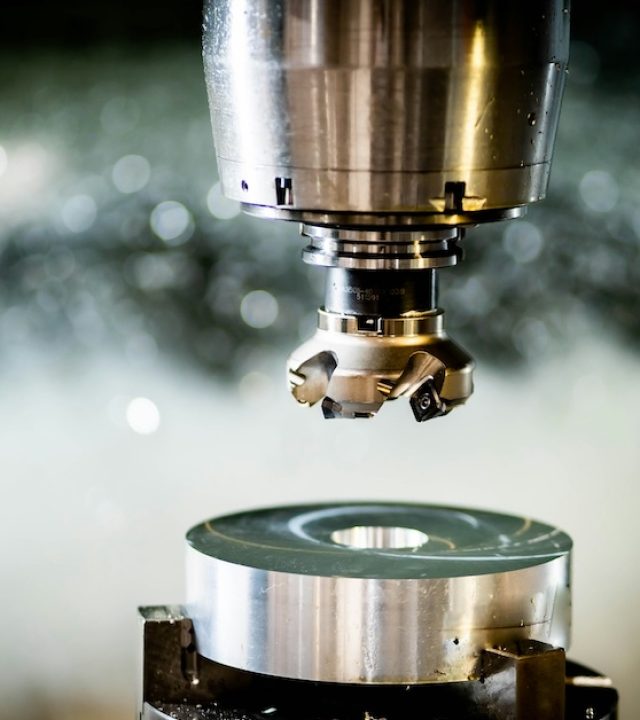Let's Work Together
Request A Quote
Request a detailed quote for your metal fabrication project and benefit from precision-engineered solutions tailored to your specifications.
Fast, precise, and repeatable sheet metal laser cutting, clean edges, tight nests, and reliable part-to-part consistency for prototypes through production.
Laser cutting accelerates your build with tight tolerances, intricate geometry, and minimal downstream rework. Our fiber laser process pairs smart nesting with stable fixtures and in-line verification so parts move from cut to form without surprises.
Stable beam quality, autofocus, and calibrated tables keep tolerances tight across materials and thicknesses.
High-density nests, common-line cutting, and skeleton reduction improve yield and shorten cycle times.
Optimized gas selection and cut parameters reduce dross, lowering deburr and finishing time.
Controlled revisions, part IDs, and retained settings ensure repeatability from lot to lot.
Fine features, small holes, and tight radii are produced reliably with kerf compensation and pierce control.
Quick-turn samples scale seamlessly to stocked programs with consistent edge quality and dimensional control.

Supports standard sheet sizes with a typical thickness range of 0.020"–0.500" (alloy-dependent). Kerf is compensated for accurate, repeatable flats.
Code includes kerf comp, smart lead-ins/outs, and right-sized microtabs. Optional etch for part numbers, bend lines, or QR; programs are rev-controlled.
Aluminum (5052/6061), carbon steel (CRS/HRPO/galv/galvneal), and stainless (304/316, 2B or #4) run daily. Copper/brass and select plastics by review.
Microtabs stabilize parts without heavy cleanup. Common-line cutting and safe skeleton collapse improve yield and speed unloads.
Nitrogen yields clean, oxide-free, weld-ready edges. Oxygen boosts speed on thicker steels; mixed strategies balance cost and cosmetics.
In-process dimensional checks with calibrated gauges, optional etched IDs/lot codes, and program revisions tied to the traveler so reorders match the approved first article.
Choosing a laser partner is about throughput and confidence. Our process integrates quoting, DFM notes, and stable cutting recipes with the rest of the shop—forming, hardware, welding, and finishing, so your parts keep flowing.

We specialize in a number of industries for your CNC machining needs.
Chassis and faceplates with tight hole patterns and EMC-conscious details.
CNC machining for electronic components with fine detail, high accuracy, and material versatility for advanced assemblies.
Short-run, frequently revised parts with fine cutouts and labeling.
Documentation-driven projects where traceability and consistency are non-negotiable.
Let's Work Together
Request a detailed quote for your metal fabrication project and benefit from precision-engineered solutions tailored to your specifications.
The time it takes for laser cutting depends on factors such as the material type, thickness, and design complexity.
On average, laser cutting can take anywhere from a few seconds for thin materials to several minutes for thicker, more intricate designs.
Laser cutting typically uses specialized software for designing and controlling the cutting process, including CAD (Computer-Aided Design) and CAM (Computer-Aided Manufacturing) tools.
Popular options include AutoCAD, CorelDRAW, Adobe Illustrator, and LightBurn for design, as well as software like RDWorks and LaserGRBL for machine operation.
Prices depend on a number of factors such as material type, thickness, design complexity, and quantity.
Laser cutting is a precise and efficient technology that uses high-powered lasers to cut, engrave, or etch materials.
Absolutely. We run fast-turn prototypes and keep revision-controlled programs for stable production reorders.